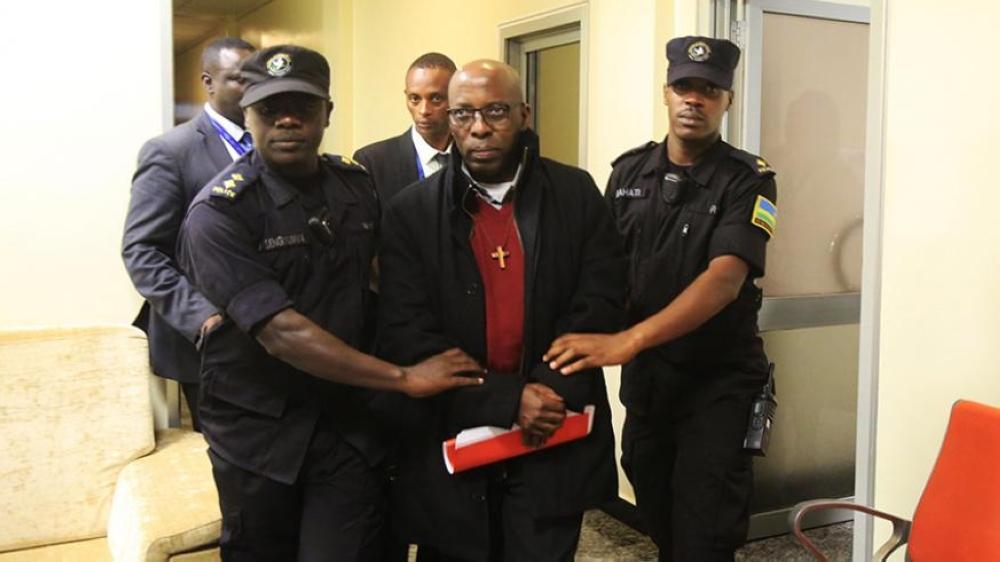Africa-Press – Rwanda. After years of legal proceedings in both Rwanda and Denmark, Wenceslas Twagirayezu, an extradited genocide suspect, will now serve his 20-year sentence in a Danish prison.
This follows a verdict delivered on June 10 by the Hillerød Court in Denmark, officially upholding the sentence handed down by Rwanda’s Court of Appeal in July 2024.
Twagirayezu, 57, a former teacher originally from Rwanda who had been living in Denmark since 2002 and acquired Danish citizenship in 2014, was extradited to Rwanda in 2018 to face charges of genocide and crimes against humanity. These crimes stem from his involvement in the 1994 Genocide against the Tutsi, particularly in Rubavu District, where he was accused of orchestrating and participating in attacks that left hundreds dead.
The Rwandan Court of Appeal found him guilty on July 31, 2024, after overturning a previous acquittal by the High Council Chamber for International Crimes (HCCIC). The charges detailed his direct participation in the massacres at Busasamana and Gacamena, as well as attacks on the Tutsi at Mudende University and those transported from Saint Fidèle School to Nyundo, where many were killed.
Following the Rwandan conviction, he was returned to Denmark per the extradition agreement between the two countries.
Why is he serving a sentence in Denmark?
Speaking to The New Times, Faustin Nkusi, the Spokesperson for the National Public Prosecution Authority, explained that Rwanda provided specific guarantees to Denmark as a condition for Twagirayezu’s extradition.
“When someone is extradited or deported, we often sign agreements that outline legal guarantees. In this case, one of the guarantees we provided was that regardless of the trial outcome, whether acquittal or conviction, the individual would be returned to Denmark to serve the sentence,” Nkusi said.
The principle of international sentence enforcement, often referred to in legal terms as “executum”, requires the host country’s court to approve the enforcement of a foreign judgment before it can be implemented domestically, he said.
Accordingly, Danish prosecutors submitted the Rwandan court’s decision to the Hillerød Court for recognition and enforcement.
On June 10, the Danish court ruled that the 20-year sentence could be enforced in Denmark, citing the severity of the crimes.
Danish court ruling: no reduction despite the time passed
The court acknowledged the particularly aggravating nature of Twagirayezu’s crimes, which involved the systematic targeting and killing of the Tutsi in April 1994. Despite the decades that passed since the genocide and the duration of the trial process, the Danish court ruled there were no grounds for reducing the sentence.
Twagirayezu remains in custody in Denmark as he considers whether to appeal the verdict or proceed with serving his sentence.
For More News And Analysis About Rwanda Follow Africa-Press






